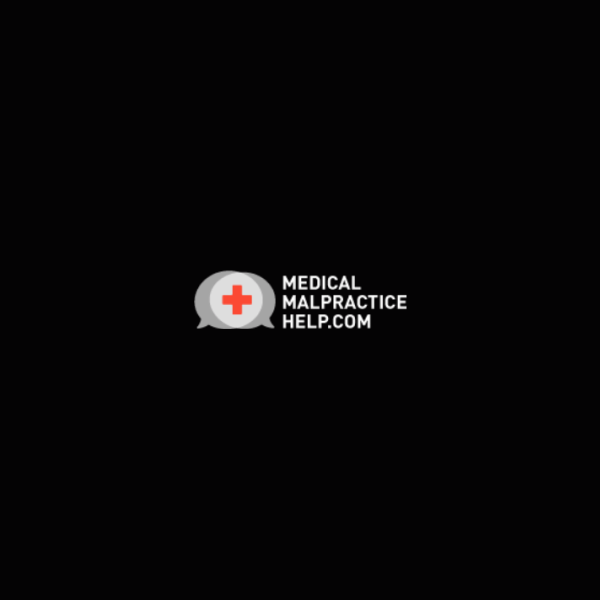 Esophagus Malpractice: An esophageal perforation is a hole in the esophagus allowing the esophagus’ contents to collect within the surrounding chest area.
Esophagus Malpractice: An esophageal perforation is a hole in the esophagus allowing the esophagus’ contents to collect within the surrounding chest area.
An esophageal perforation is a hole in the esophagus allowing the esophagus’ contents to collect within the surrounding chest area. This injury can cause lead to death, making surgery imperative within 24 hours of the perforation occurring. A vast majority of all esophageal perforations are caused by negligent medical treatment. Legally speaking, actions incurred by the patient can contribute to the negligence, for example: ingesting something toxic, ingesting foreign bodies, or chronic and violent vomiting. It is also possible for these perforations to occur for medical reasons such as tumors or ulcers stemming from acid reflex.
Esophageal Perforation Caused by Medical Negligence
Unless a patient has somehow caused a perforation or the damage came about due to an unusual medical condition, it is likely that medical negligence was the reason for the esophageal perforation. Quite often these injuries can occur during various medical procedures, such as an esophagoscopy in which a thin, lighted tube is used to examine the esophagus.
Proving Medical Negligence
Before a person can prove that their perforated esophagus was the result of medical negligence, they have to provide the following burden of proof:
- It must be shown that the doctor-patient relationship was established and that the doctor owed the patient care. A doctor-patient relationship does exist throughout any type of medical treatment of medical evaluation. However, if the incident occurred outside a hospital setting and during a medical emergency, this relationship does not apply.
- It must be proven that the treatment was a violation of the duty of care owed to the patient by the doctor. This means that the patient has to show that the care provided by the doctor was not up to the acceptable standards expected in any medical situation, and that treatment was declared to negligent.
- The patient has to show that there were damages as a result of the negligence and that the damages were a direct cause of that negligence. If there were no damages, then it cannot be proven that there was medical negligence.
- The patient has to be specific about what type of damages occurred, including both monetary and non-monetary.
Professional Legal Assistance
A patient cannot expect to prove all of these points regarding the medical negligence without help. The assistance of an experienced attorney and a medical expert witness working together to build a feasible claim is the best way to prove that a patient has a viable case. A patient who has suffered an esophageal perforation should contact a medical malpractice attorney following either the incident itself or subsequent treatment occurs.
